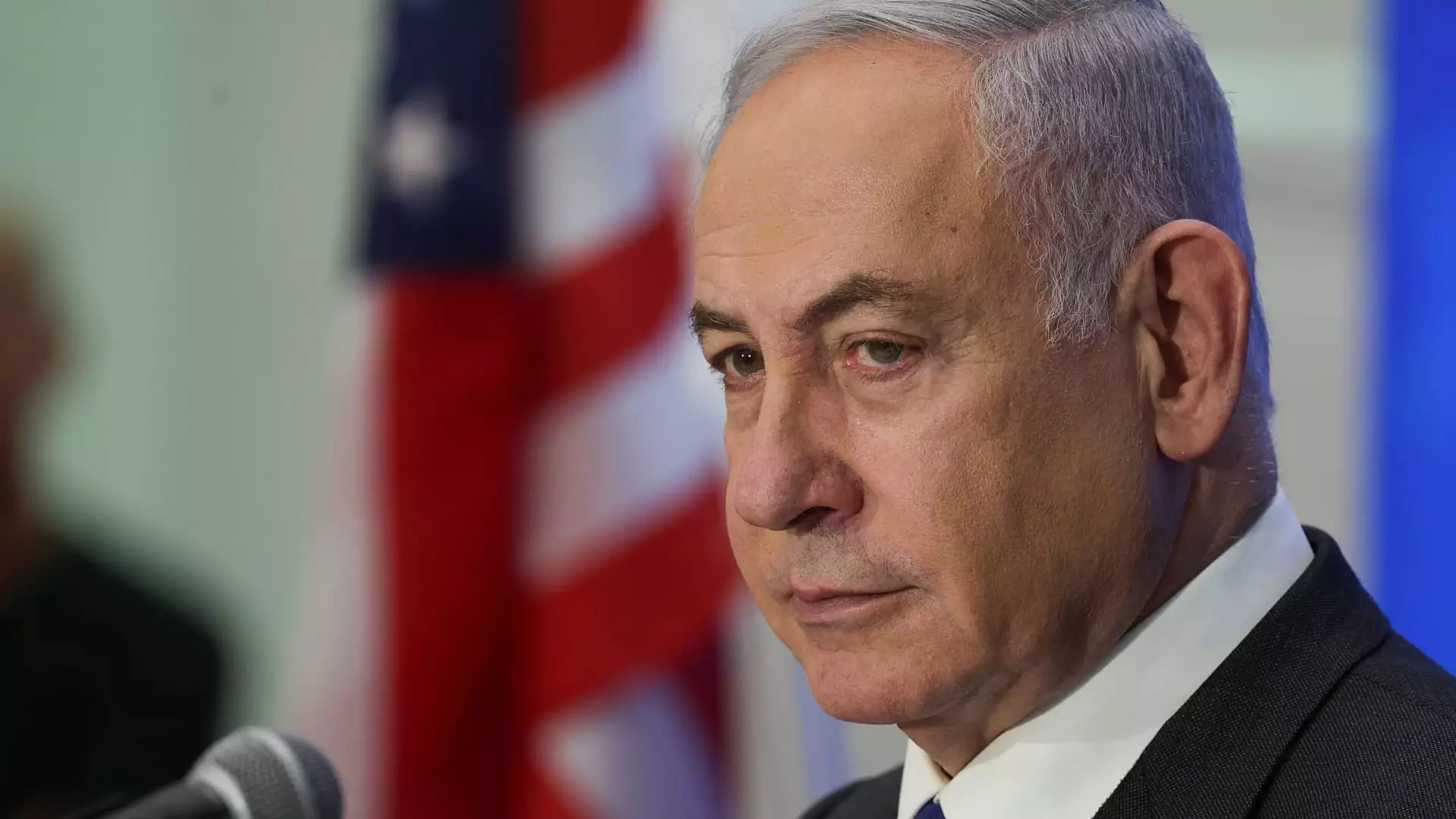Israeli Prime Minister Benjamin Netanyahu made the decision to cancel a planned delegation to Washington following the United States’ surprising abstention in a U.N. Security Council proposal calling for a ceasefire in Gaza. Netanyahu expressed disappointment in Washington’s failure to veto the proposal, stating that it marked a significant shift in the U.S.’s previous stance. He believed that this change in position would not only hinder efforts to combat Hamas but also impact the ongoing negotiations for the release of hostages in Gaza.
Despite speculation that the U.S. abstention signaled a change in policy towards the Israeli-Palestinian conflict, the White House denied such claims. White House national security spokesperson John Kirby addressed Israel’s cancellation of the delegation to Washington, expressing regret over the decision. He reassured that the United States would continue to engage with Israeli officials to discuss alternative approaches to the situation in Rafah and emphasize their concerns regarding a potential ground offensive.
Within Israel, opposition leader Yair Lapid criticized Netanyahu’s decision to forego the meeting in Washington, accusing him of prioritizing internal political issues over diplomatic relations with the United States. Lapid characterized Netanyahu’s actions as “shocking irresponsibility” and accused the prime minister of attempting to divert attention from discord within his coalition government.
The cancellation of the delegation to Washington highlights the strained relations between Israel and the United States, particularly regarding military operations in Gaza. Netanyahu’s decision reflects the growing discontent within Israel’s political landscape and the challenges of navigating international partnerships amidst domestic turmoil. The incident underscores the delicate balance that Israeli leaders must maintain in managing both external alliances and internal political dynamics.
As tensions persist in the region, it is evident that the Israeli government faces complex challenges in both its foreign policy engagements and domestic governance. The abrupt cancellation of the delegation to Washington serves as a poignant reminder of the intricate web of relationships and responsibilities that Israeli leaders must navigate on a daily basis. Moving forward, it will be essential for Israel to reevaluate its approaches to diplomatic negotiations and strategic decision-making in order to address key issues effectively and sustain constructive partnerships with international allies.

Leave a Reply